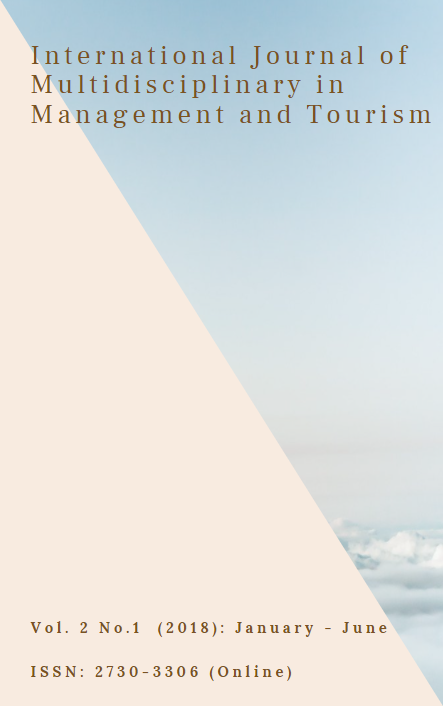Participation to Develop the Conceptual Environment in Schools and Communities
Main Article Content
Abstract
The school is a part of societies, and the social organization which originated from the communities’ need to serve the organization, so it is the important roles to prepare the children and the young as the good citizen who can live well in the society. With these causes, its roles is seemed to the role of family which had given the education and cared of them, but in the recent, the social and economic changes always happened, so the family could not manage the education as it had done in the past. The schools have exactly to take the educational duty and work.
The environmental ethics is believed that the information is the main tool to save the nature and the human beings life efficiently and powerfully, they can use the sciences to manage everything on the world by consisting of the morality that are full of the reasons to select and crab the good behavior relating to the religious, lawful, and traditional ethics
Article Details
References
Patnapongsar, N. (2003). Participation on Basic and Technic Principles. Chiang Mai: Chiang Mai University.
Mingmaneenagin, W. (1988). Development of Thai Country. Bangkok: Thammasart University Press.
Hongwiwat, T. (2002). Participation of People in Development. Bangkok: Sobhonkarnpim.
Phragrusanggharak Chakkrit Bhuripanyo. (2015). Educational Leadership. Bangkok: Charansnitwong Press Company.

